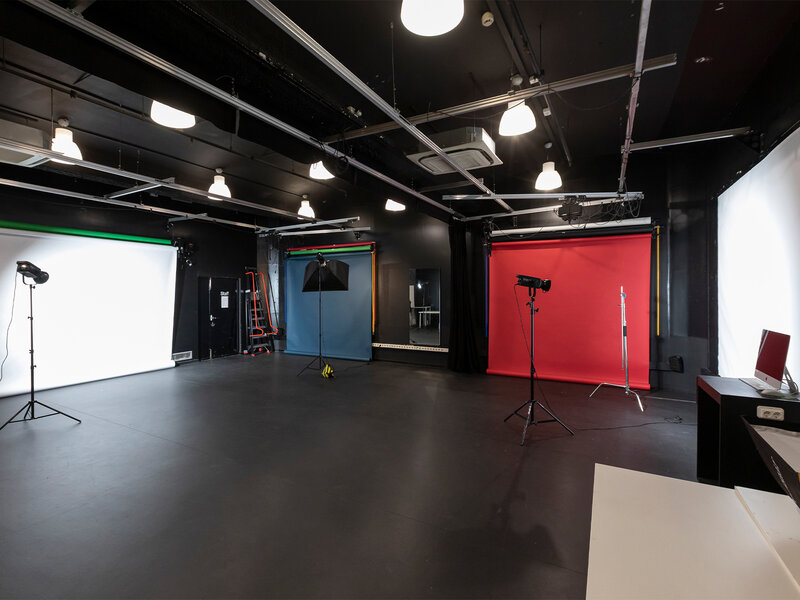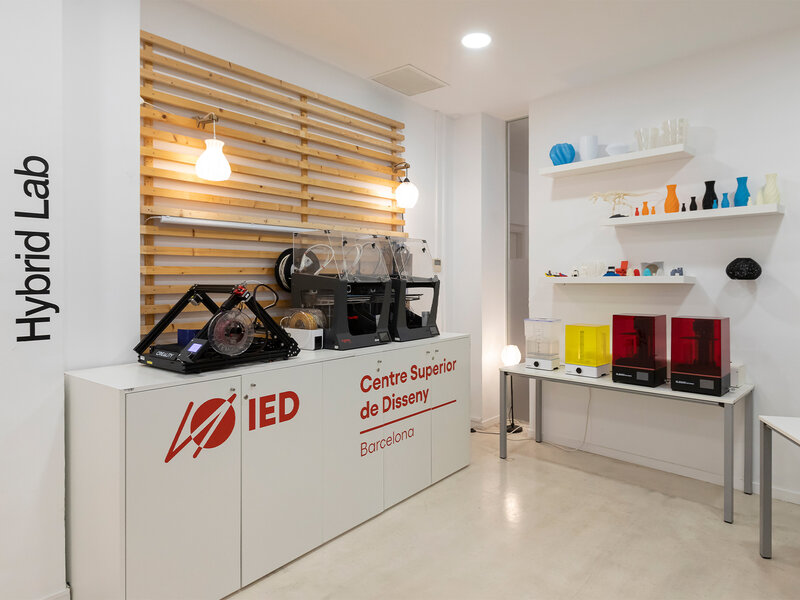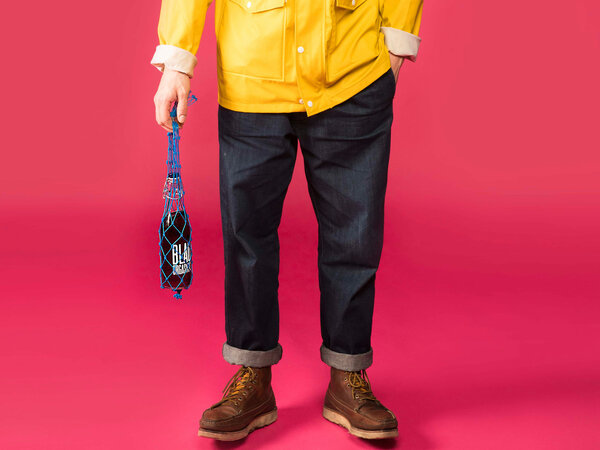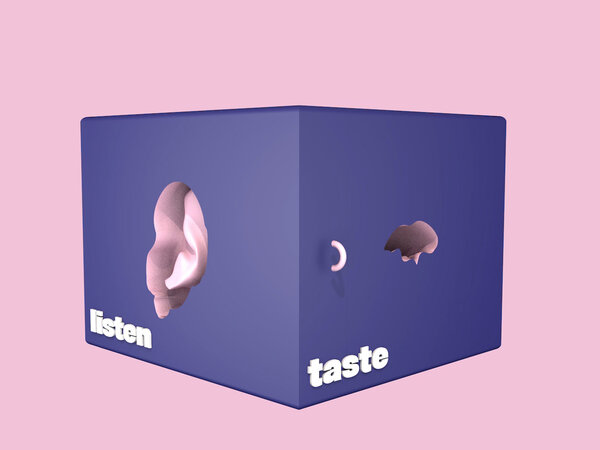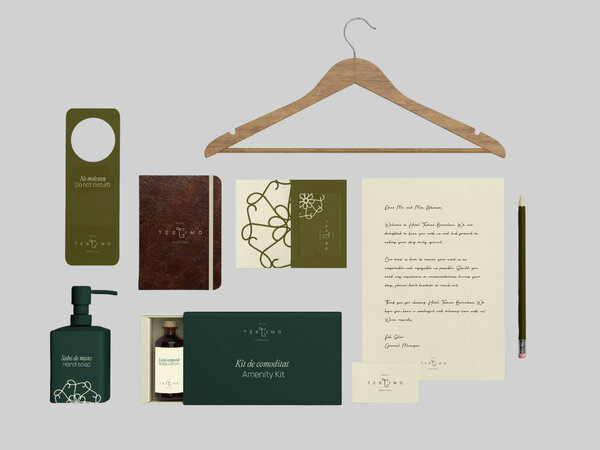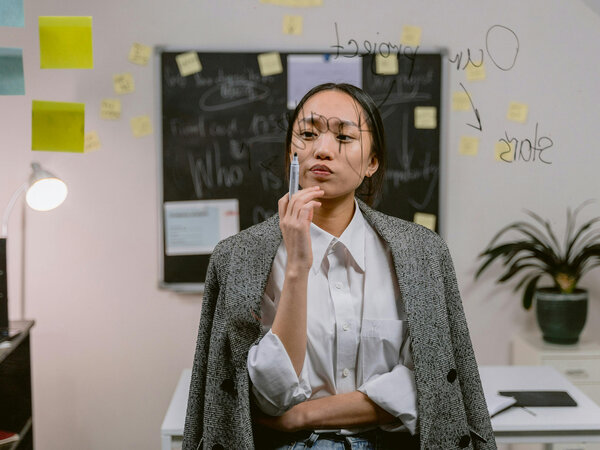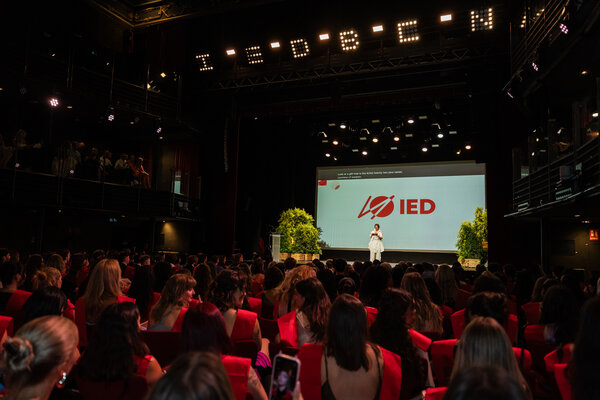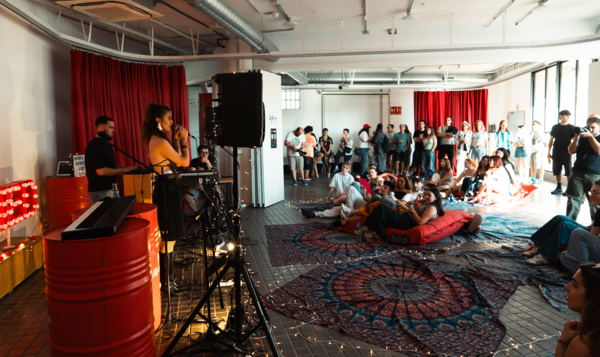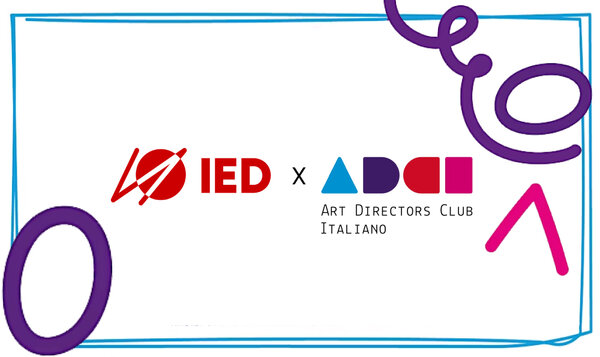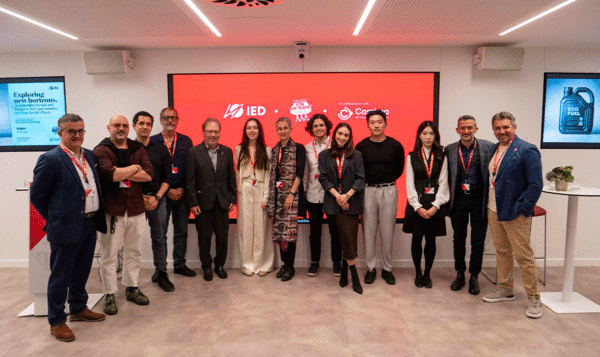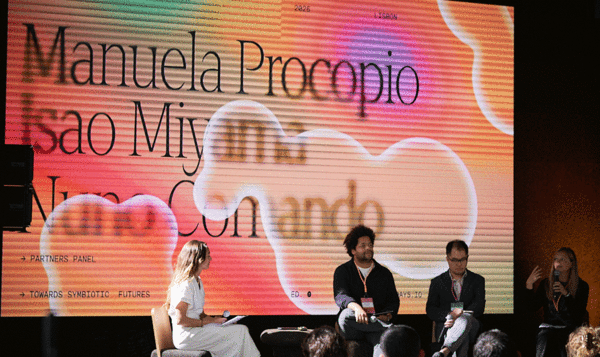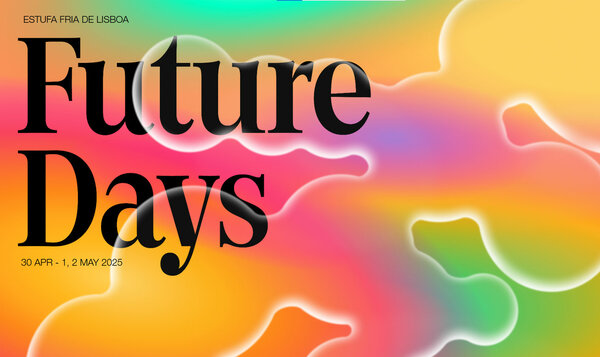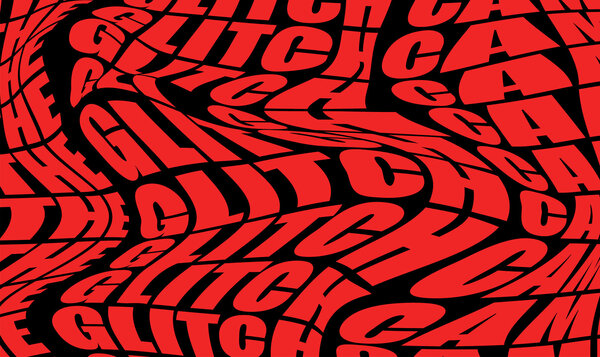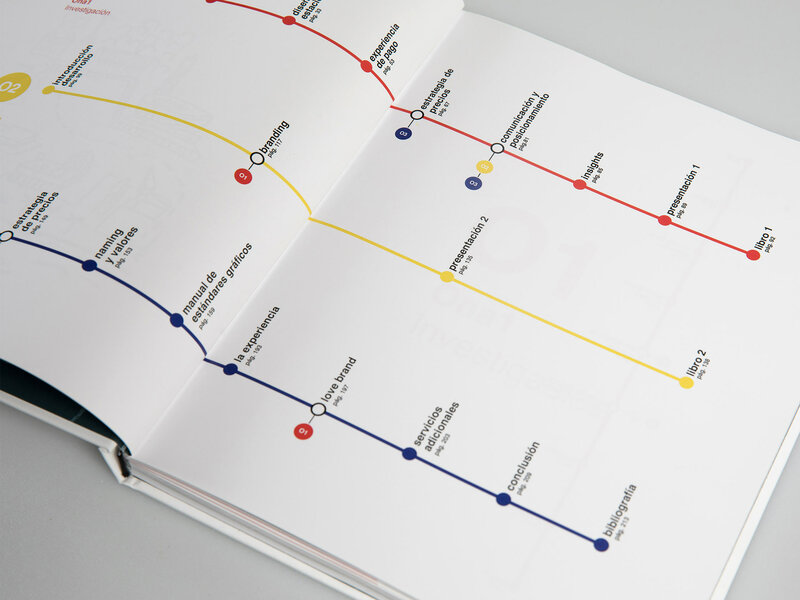
Design Thinking for Business Transformation
Learn how to optimise processes, create growth opportunities and links with clients using Design Thinking
ENG
Language
English
Start date
July 2025
Frequency
Full time
Fruition
On campus
Duration
1 Week
Price
Define, model and implement innovative strategies that provide real added value to companies.
In this Summer Course in Design Thinking for Business Transformation, taught in English, you’ll learn to use the most effective concepts, strategies, tools and methodologies.
Design Thinking tools are the key to producing innovative and tangible results, added value for your business initiatives and the companies you work with. You’ll acquire a clear understanding of Design Thinking theory and put it into practice in every stage of the process, from the initial idea to final implementation.
This course is an experiential learning incubator: each day we’ll hold an intensive workshop on a theme, and apply key Design Thinking tools and concepts to it.
Information to decide
A Design Thinking course, taught in English, that gives you a strategic outlook to create new business opportunities.
It’s an intensive experience-based course, each day starts in the best possible way with an intensive workshop on the topic being studied. This gives you a better understanding of Design Thinking methods as you gain practical experience with the concepts and tools.
The course is structured in various phases based on the principle of similarity/difference. We’ll start with the conceptual Design Thinking phase then explore how to create value for the client, detect opportunities for change, develop prototyping and use storytelling to communicate results.
This intensive course is for professionals working in a variety of fields, such as Human Resources, Sales, RDI, Marketing, Communications, Business Development, Design and Management who want to develop their strategic thinking.
All course students will be interested in innovation and the implementation of ideas, adopting new strategies with a high added value in their respective professional ecosystems.
If you want to take control of the transformative processes in your business world, this Summer Course in Design Thinking for Business Transformation gives you the resources you need to do just that.
Acquire a comprehensive, experience-based understanding of Design Thinking concepts, tools and methodologies. Identify business opportunities and implement ideas in the form of a commercially viable product or service. Learn how to share your results in the most effective way with every stakeholder involved.
Syllabus
What will you learn?
A course that leaves no stone unturned, covering every stage of the Design Thinking process, from the initial concept to prototyping and storytelling.
THE DESIGN THINKING PROCESS
CUSTOMER VALUE
THE OPPORTUNITY
PROTOTYPING
VALIDATING AND STORYTELLING
